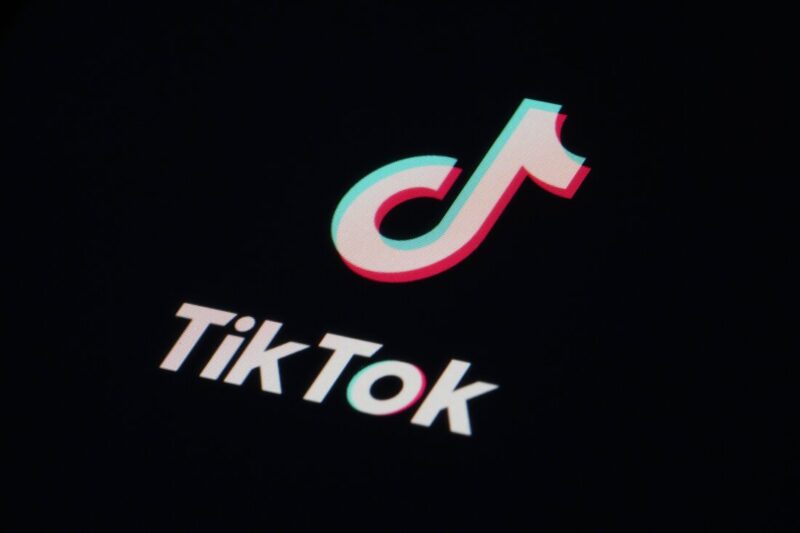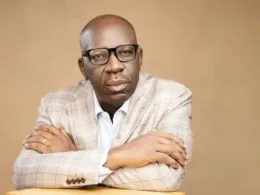A Venezuelan court has imposed a $10 million fine on TikTok following viral challenges on the platform that resulted in the deaths of three children and left dozens injured.
The court delivered its ruling on Monday, mandating TikTok to pay the hefty fine to Venezuela’s telecommunications agency within ten days. In addition to the financial penalty, TikTok was instructed to establish a formal office in Venezuela to ensure stricter oversight of its operations within the country.
The case against TikTok stems from the deaths of three children aged 12, 13, and 14, who participated in viral challenges on the platform. These challenges involved dangerous activities, including the ingestion, inhalation, and application of hazardous chemical mixtures. The fatalities, coupled with injuries sustained by dozens of other participants, have sparked outrage across Venezuela.
President Nicolás Maduro condemned these incidents, labeling the challenges as “acts of recklessness” and calling for accountability from digital platforms. He emphasized the need for stricter regulations to prevent similar occurrences in the future.
In their ruling, the judges criticized TikTok for failing to exercise timely control over the spread of harmful content. They highlighted the platform’s partial responsibility for the tragic outcomes, pointing to inadequate content moderation measures. The judgment also stressed the importance of creating a safer digital environment for young users.
TikTok’s Silence
As of now, Tik-Tok has not issued an official statement in response to the ruling. This silence has drawn further criticism, with many urging the company to address the court’s decision and outline measures to prevent such incidents in the future. Advocacy groups and child safety organizations are calling for Tik-Tok to prioritize user safety and enhance its content moderation practices.
President Maduro has intensified his criticism of platforms like TikTok and WhatsApp, accusing them of facilitating harmful activities and failing to adequately regulate their content. Earlier this year, Maduro urged his supporters to delete WhatsApp, describing it as a tool used by “fascists” to incite violence.
The Venezuelan ruling adds to a growing list of controversies surrounding TikTok worldwide. The platform has faced criticism for its content moderation policies and alleged security risks, raising questions about its influence and regulatory compliance.
In the United States, TikTok is embroiled in a legal and political battle over its ownership and potential national security risks. The FBI has raised concerns about TikTok’s ties to its parent company, ByteDance, and its obligations to the Chinese government. FBI Director Chris Wray described TikTok as a potential security threat, citing the Chinese government’s ability to access user data and influence the platform’s operations.
Members of Congress have echoed these concerns, alleging that the Chinese government holds a “golden share” in ByteDance, granting it significant influence over TikTok. While ByteDance has clarified that an entity affiliated with the Chinese government owns only 1% of a ByteDance subsidiary, critics remain skeptical about the company’s independence.
In response, TikTok has sought to reassure regulators and users by emphasizing its efforts to enhance transparency and security. The platform has announced plans to store U.S. user data on servers operated by Oracle, a move aimed at addressing privacy concerns. However, these measures have done little to quell skepticism among policymakers.
TikTok’s challenges extend beyond the United States. The platform is banned in several countries, including India, Iran, Nepal, Afghanistan, and Somalia. India, once one of Tik-Tok’s largest markets, banned the app in June 2020, citing national security concerns.
In Europe, the platform has faced similar restrictions. The UK government and Parliament banned Tik-Tok from staff work devices in 2023, citing data privacy concerns. The European Commission also implemented a similar ban, reflecting broader apprehensions about the platform’s data practices.










Join our Channel...